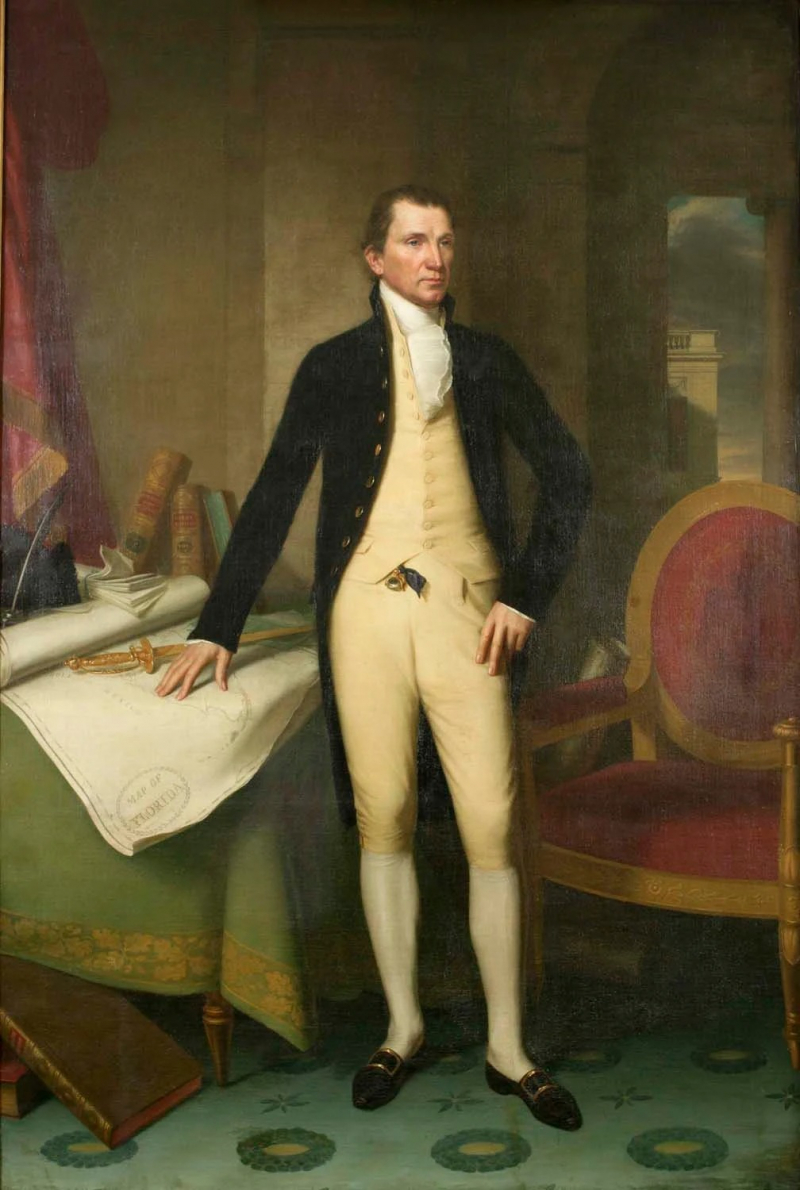He had no opponent in the election of 1820
When the Federalists disintegrated at the end of James Monroe's first term, he was the only president except Washington to run for reelection without facing organized opposition. In the Electoral College, only William Plumer, a solitary elector from New Hampshire, voted for John Quincy Adams, avoiding a unanimous decision. Because he believed Monroe to be incompetent, he did so.
President James Monroe faced no challenger in the 1820 election, therefore he received all electoral votes save one. This began the so-called "Era of Good Feelings." The phrase's underlying idea is that the Democratic-Republicans under Monroe settled into a period of leadership over the United States after the War of 1812. Because four of the first five presidents—Washington, Jefferson, Madison, and Monroe—were Virginians, Monroe's administration represented stability and the continuity of the "Virginia dynasty."
Later on in the century, a rumor spread that he had abstained so that only George Washington would receive the honor of being elected unanimously. In his speech outlining his support for the other New Hampshire electors, Plumer avoided mentioning Washington.









